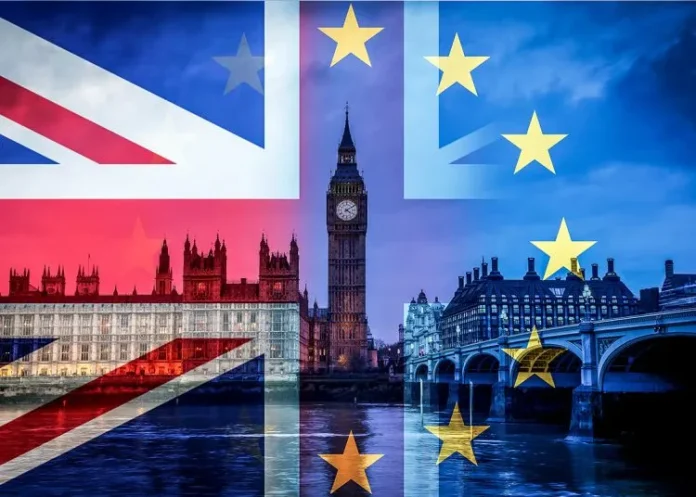A new estimate of the number of immigrants, published on Thursday by Britain’s Office for National Statistics, prompted the country’s leading politicians, starting with the prime minister, to make loud statements and give press conferences all day long. It emerged that for the past two or three years, Britain’s population has been growing at the expense of newcomers by almost a million people a year.
The Office for National Statistics (ONS) has announced that it has revised its estimate of the migration balance, i.e. the difference between those who have arrived and those who have left, and now estimates that from June 2022 to June 2023 this balance totalled 906,000 people. Some 1.3 million people came to Britain and 414,000 left.
In the following year, from June 2023 to June 2024, the balance, as the ONS now believes, was smaller at 728,000, but even this estimate may later be revised upwards.
In 2016, before the referendum to leave the European Union, leaders of the pro-Brexit movement explained to fellow citizens that they needed to “take back control,” including control of borders, implying that leaving the EU would reduce immigration.
In fact, even as part of the EU, Britain never actually lost that control, as it was not part of the Schengen zone (although it did accept workers from most EU countries).
Both before and after the Brexit referendum, leading figures in the ruling Conservative Party regularly promised voters to reduce the number of foreigners moving to Britain, which in those years, according to rough estimates by the Home Office and the ONS, hovered around 200,000-300,000 a year.
And now, after Brexit and the end of the COVID lockdowns, EU citizens who have lost their right to settle freely in Britain have been replaced – at three times the rate so far – by arrivals from further afield.
According to ONS calculations, almost all immigrants between 2023 and 2024 came from Asia and Africa. 240,000 moved from India, 120,000 from Nigeria, 101,000 from Pakistan and 78,000 from China.
Illegal immigrants, about whom politicians and the press most often speak, make up only a small proportion of the total number of arrivals – although they are quite numerous in absolute terms: according to the British authorities, about 130,000 people are currently waiting for an answer to an asylum application.
